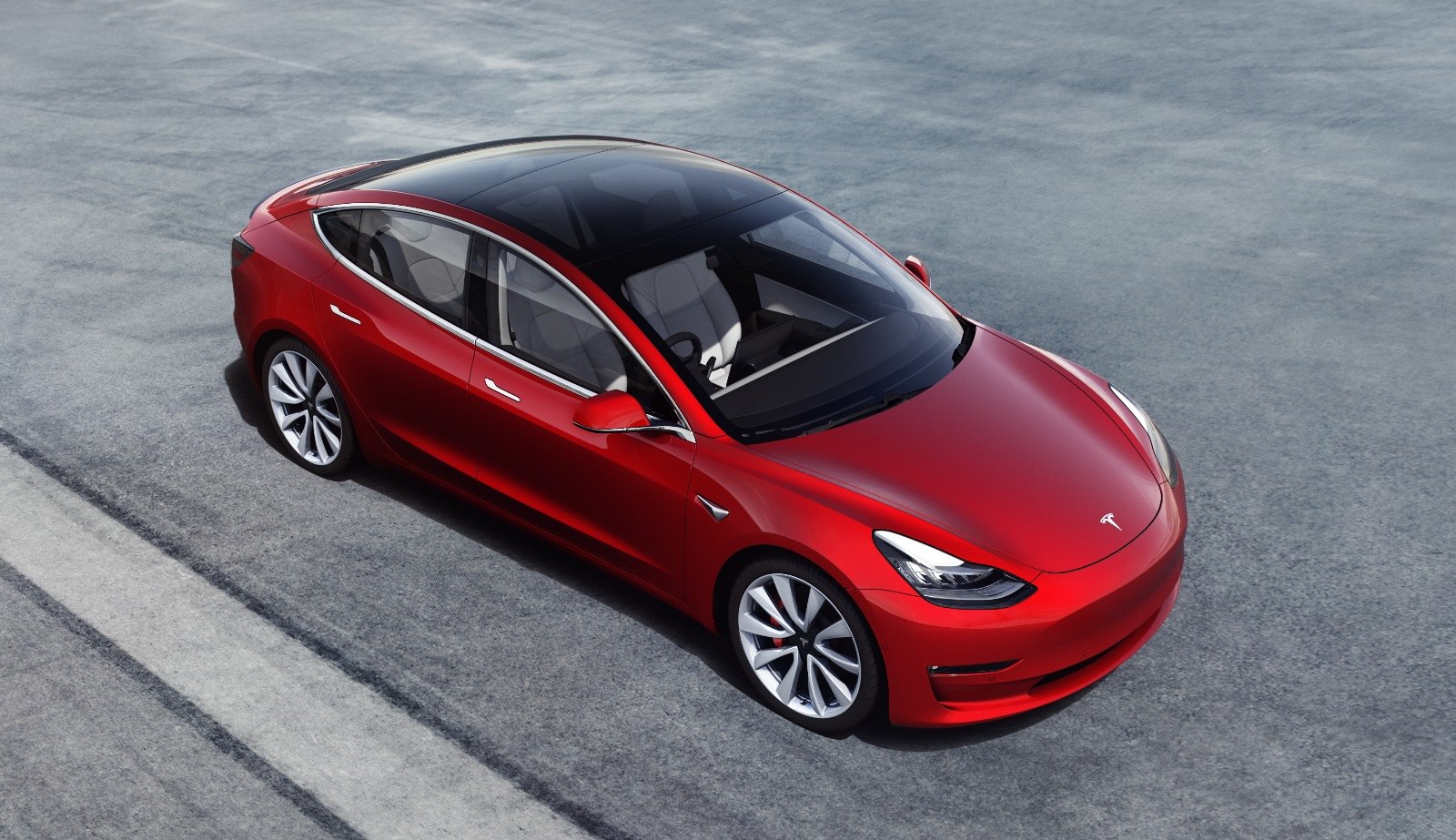With the "EV revolution" taking place around the globe, more of the population is moving towards electric power, and zero-emission motoring, but it seems that EVs might not be as clean as they claim.
A recent study completed by one of Germany's largest financial think tanks IFO revealed that the CO2 emissions produced by producing batteries, and charging EVs may outweigh those of a similar-sized, diesel-powered vehicle.

"Considering Germany’s current energy mix and the amount of energy used in battery production, the CO2 emissions of battery-electric vehicles are, in the best case, slightly higher than those of a diesel engine, and are otherwise much higher," said IFO in their release.
According to the study, it is estimated that a Tesla Model 3 is responsible for around 156 to 181 grams of CO2 emissions for each kilometre travelled. The similar-sized, diesel-powered Mercedes C220d pumps out just 141 per kilometre.
Electric car production in Germany was put in the spotlight for this study, where factories are heavily reliant on coal power. Obviously, emissions from other countries depend on the power source, but Germany is the third-largest EV manufacturer.
Sitting above Germany on that list are China and the U.S, who are the first and second-largest EV manufacturers respectively. America only relies on coal power for around 27 per cent of its electricity, while China sits at 65 per cent.
Production aside, charging these batteries is the other big power sucker, so charging a Tesla in Germany results in 83 grams of CO2.
“Over the long term, hydrogen-methane technology offers a further advantage: it allows surplus wind and solar power generated during peaks to be stored, and these surpluses will see a sharp increase as the share of this renewable energy grows,” said study co-author Christoph Buchal, professor of physics at the University of Cologne.




